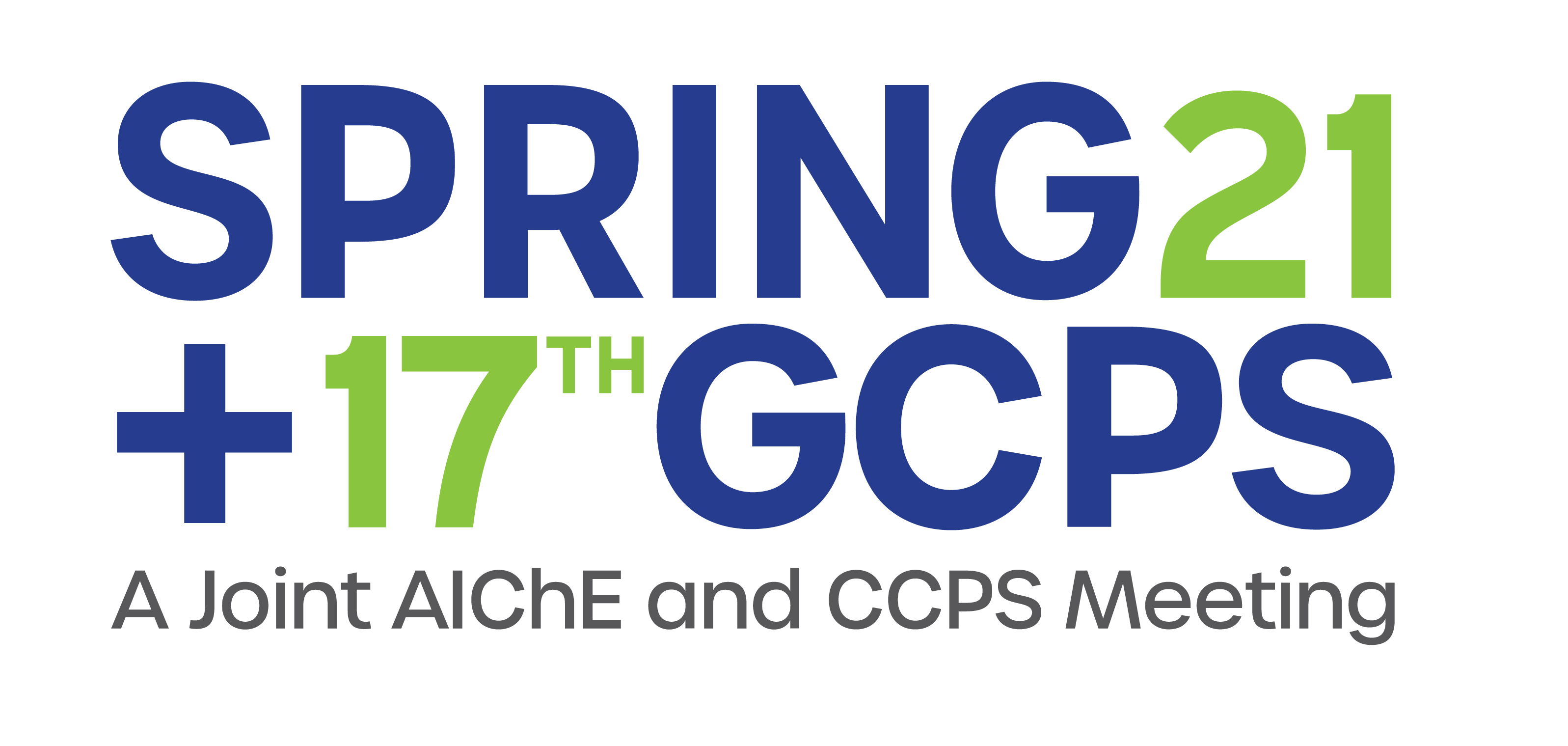

On 4 August 2020, 2,750 tons of ammonium nitrate stored at the Port of Beirut (POB), Lebanon, exploded, reportedly resulting in over 190 deaths, several thousand injuries, $10-15 billion USD in property damage, and leaving an estimated 300,000 people homeless. The cargo of ammonium nitrate had been stored in Warehouse 12 at the POB, after having been confiscated by the Lebanese authorities from an abandoned ship, the MV Rhosus, in September, 2013. It is assumed that the ammonium nitrate was stored in the warehouse without proper security and safety measures, and without consideration for the need for segregation from other incompatible materials. From recorded videos of the blast, the explosion was preceded by a fire in the warehouse, but the exact cause of the detonation is still under investigation. This was one of the largest non-nuclear explosions in modern history and the lessons learned have widespread implications for facility siting, the handling of explosives and other hazardous materials, the management of chemicals in transportation, emergency management and recovery, and building resilience for large-scale emergencies.
In response to this event, AcuTech participated as part of an assessment team, and was tasked with examining current and previous practices for the handling of chemicals and hazardous materials at the POB, taking an all-hazards approach to examine safety, security, and emergency management concerns in a unified manner.
This paper examines the multifaceted impacts of the blast, the most critical factors that may have contributed to the explosion, and best practices and lessons learned that are applicable not only to ports and facilities handling ammonium nitrate, but all facilities handling hazardous materials operating in challenging urban environments, and which maintain complex interdependencies with critical infrastructure.
Preview Presentation
Presenter(s)
Once the content has been viewed and you have attested to it, you will be able to download and print a certificate for PDH credits.
If you have already viewed this content,
please click here
to login.
Language
Pricing
Individuals
| AIChE Member Credits | 0.5 |
| AIChE Pro Members | $19.00 |
| AIChE Graduate Student Members | Free |
| Safety and Health Division Members | Free |
| AIChE Undergraduate Student Members | Free |
| AIChE Explorer Members | $29.00 |
| Non-Members | $29.00 |
